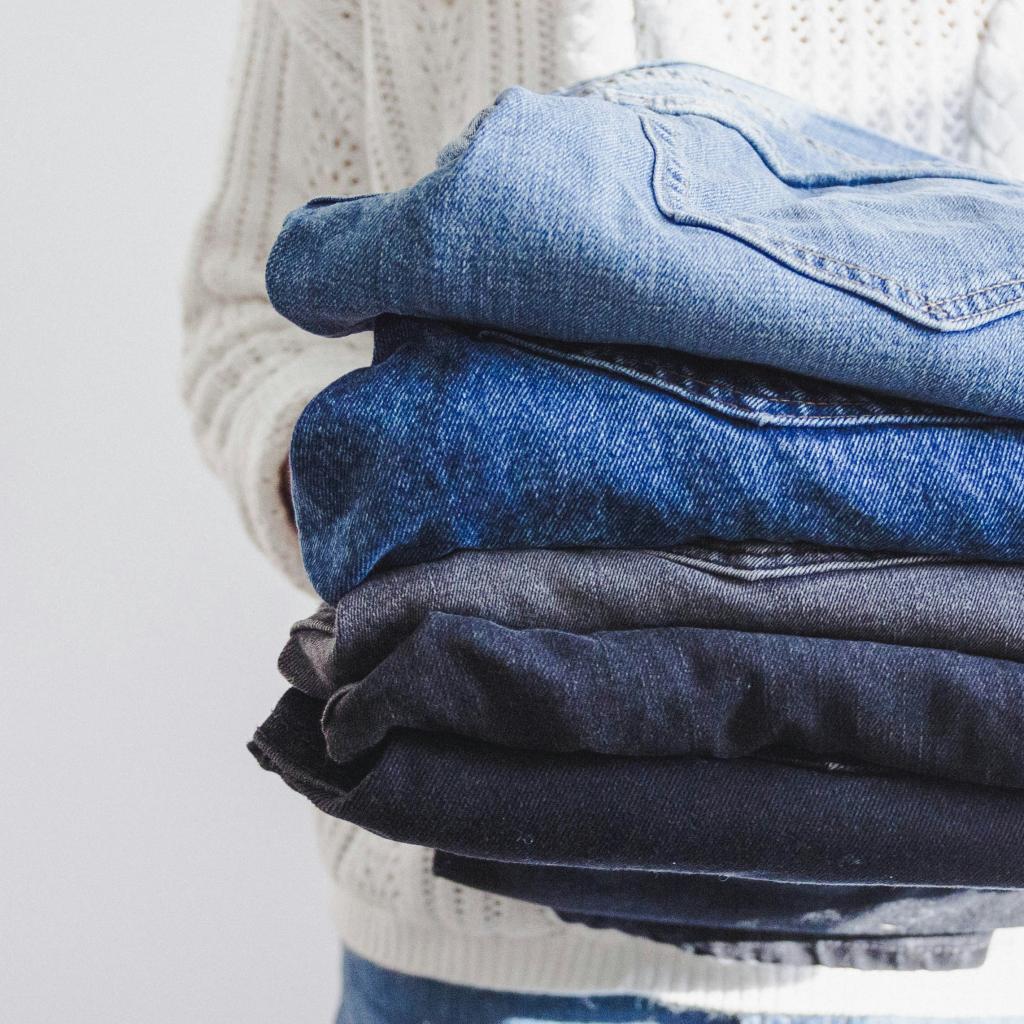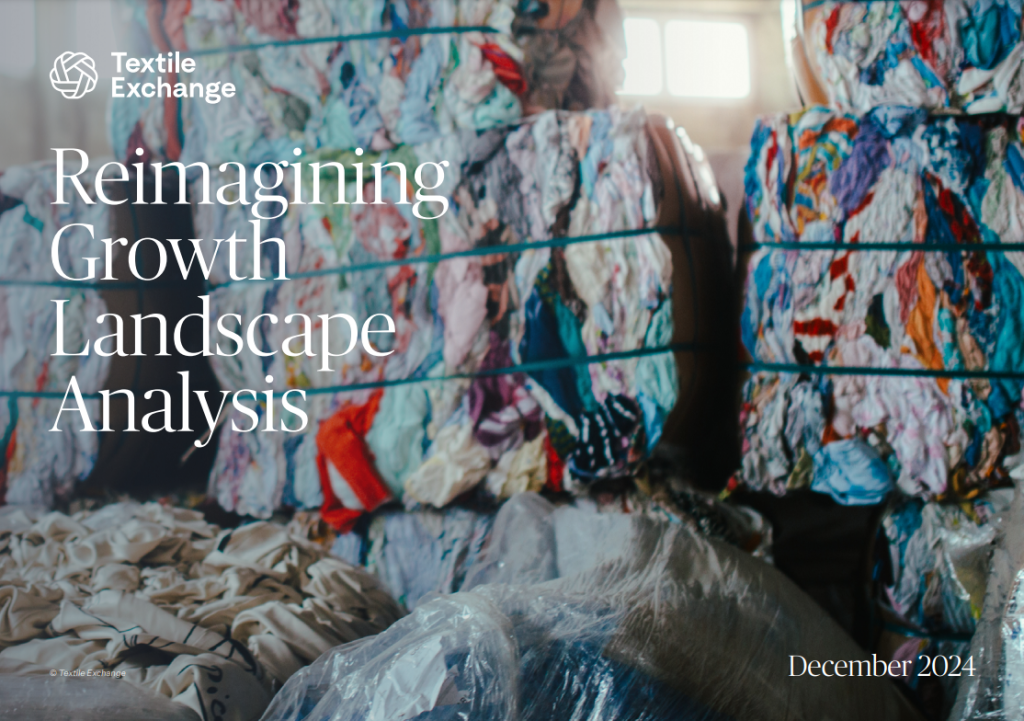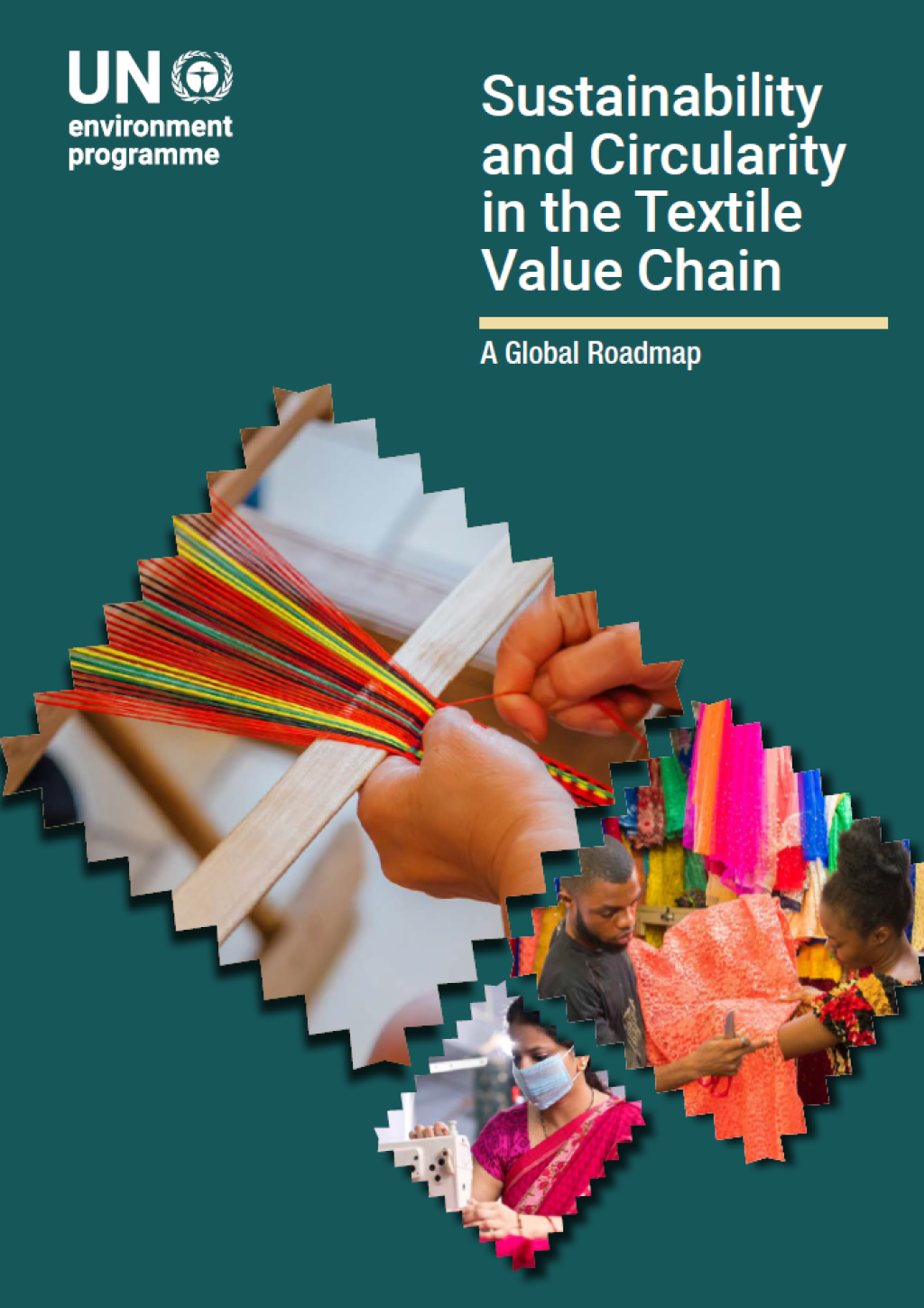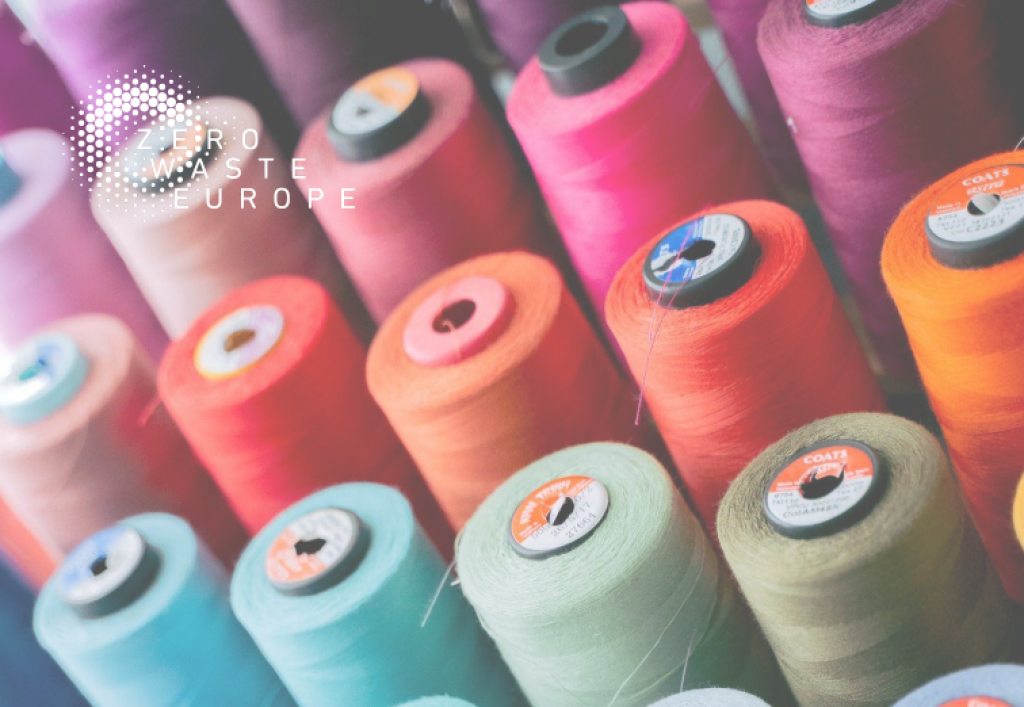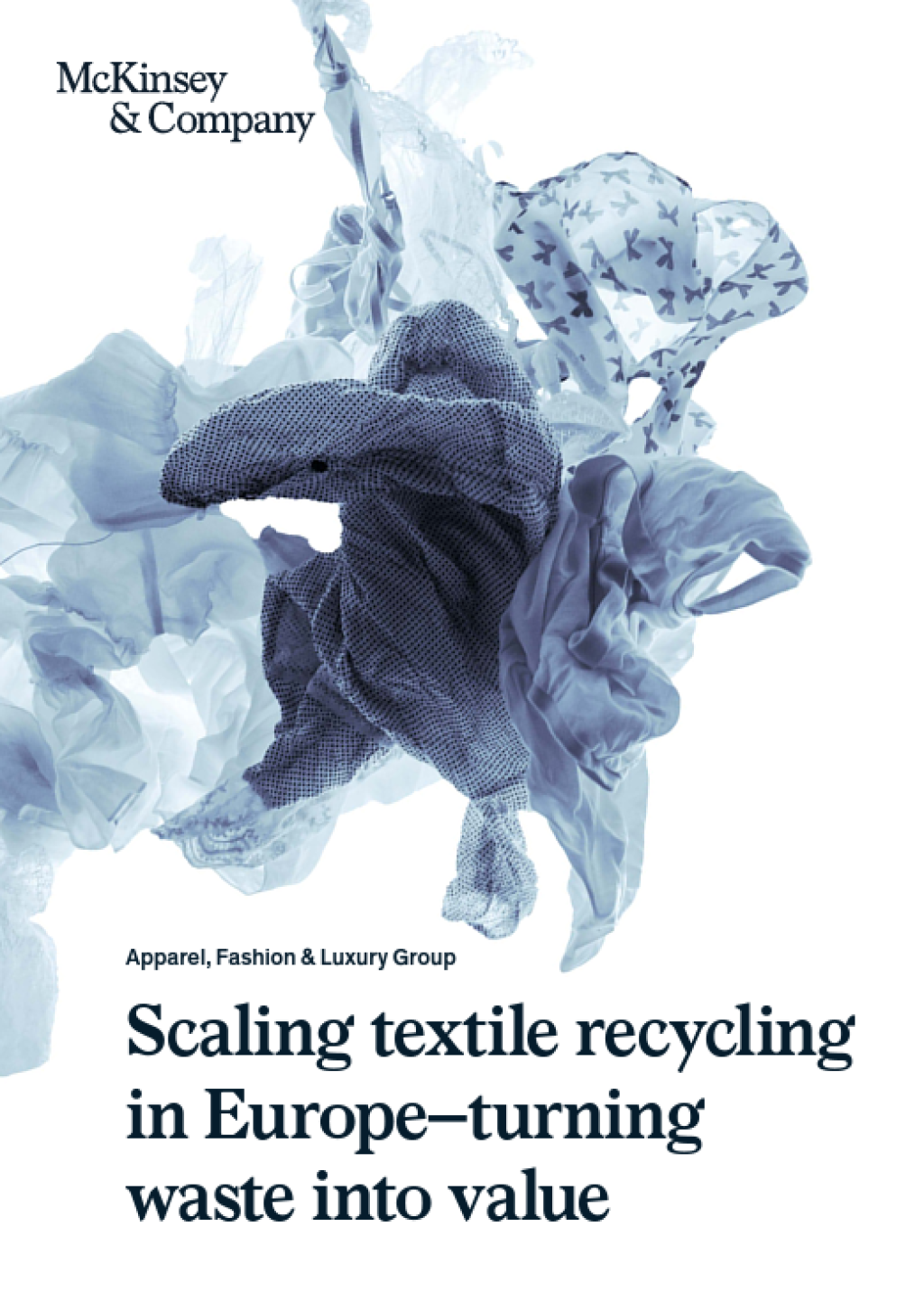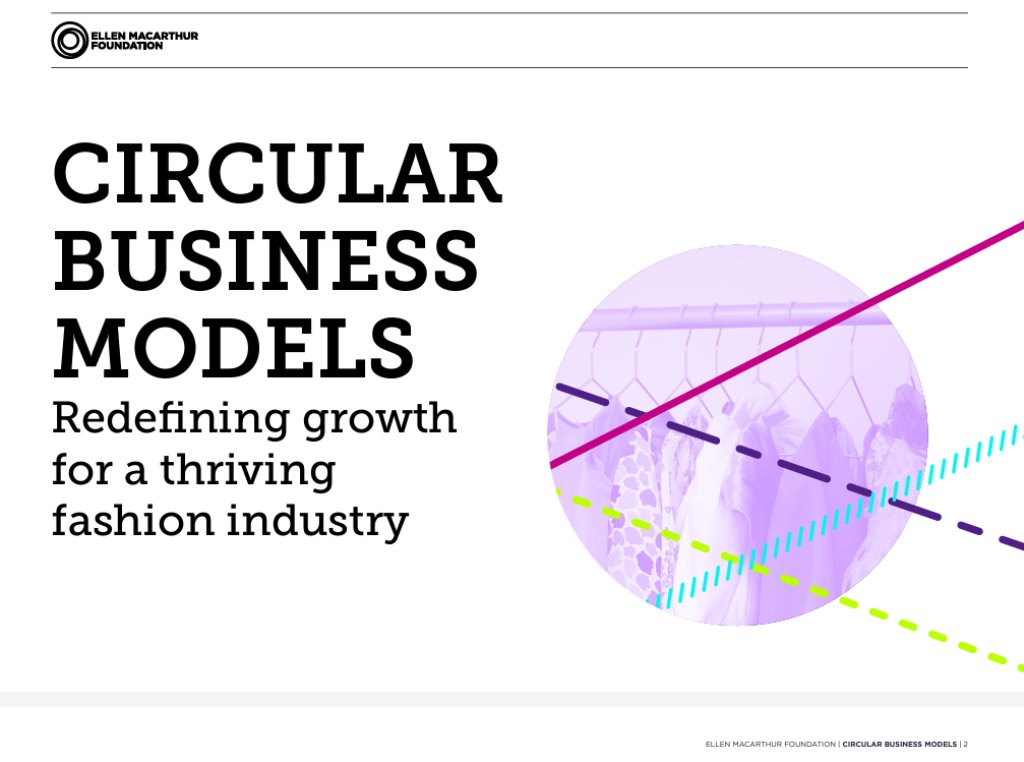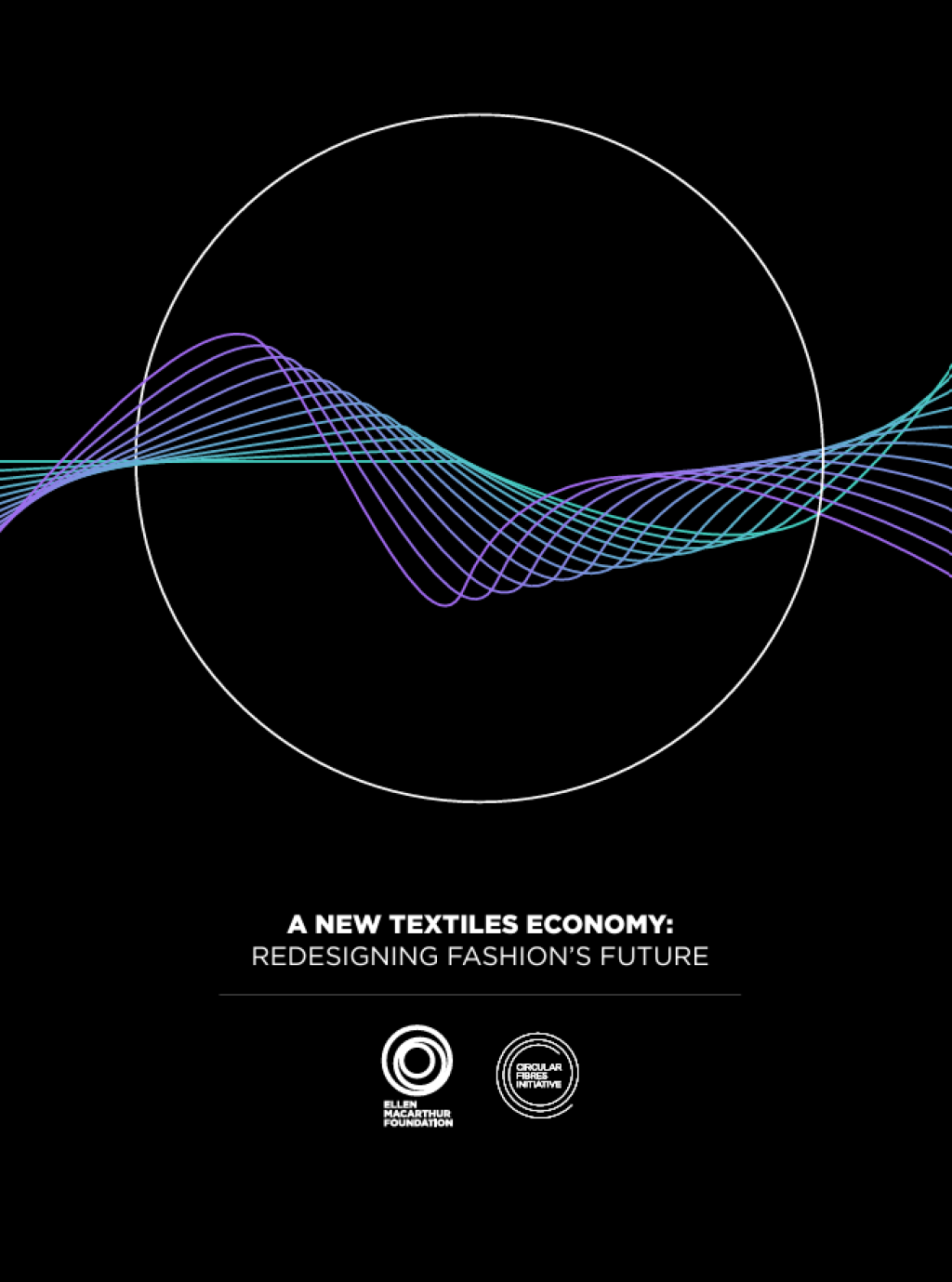
Can you briefly describe your approach?
Since the end of 2017 our CSR process is part of a corporate citizen approach that involves substantial collaboration with other stakeholders in the mass retailing textile sector. There’s no such thing as competition in this area with the aim being to move these issues forward together. In total keeping with the group’s CSR policy, within the Textile Products Department, our work focuses on 3 areas:
-
Reduce our carbon footprint through the traceability, durability and eco-design of our products and materials;
-
Limit waste through the use of different existing recycling processes;
-
Reduce the use of disposal, single-use plastics (packaging, hangers, etc.) and aim for zero waste.
We’re learning as we go along: this approach is experimental, practical.
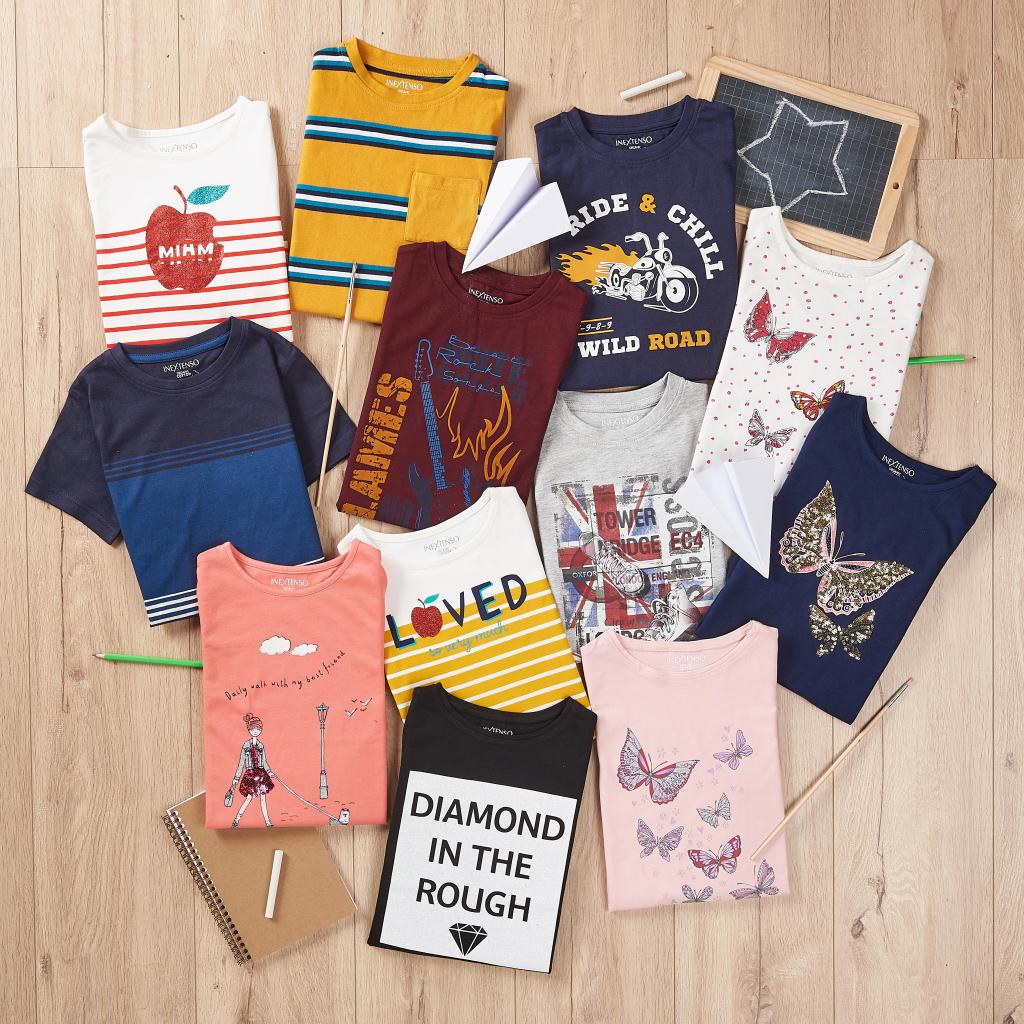
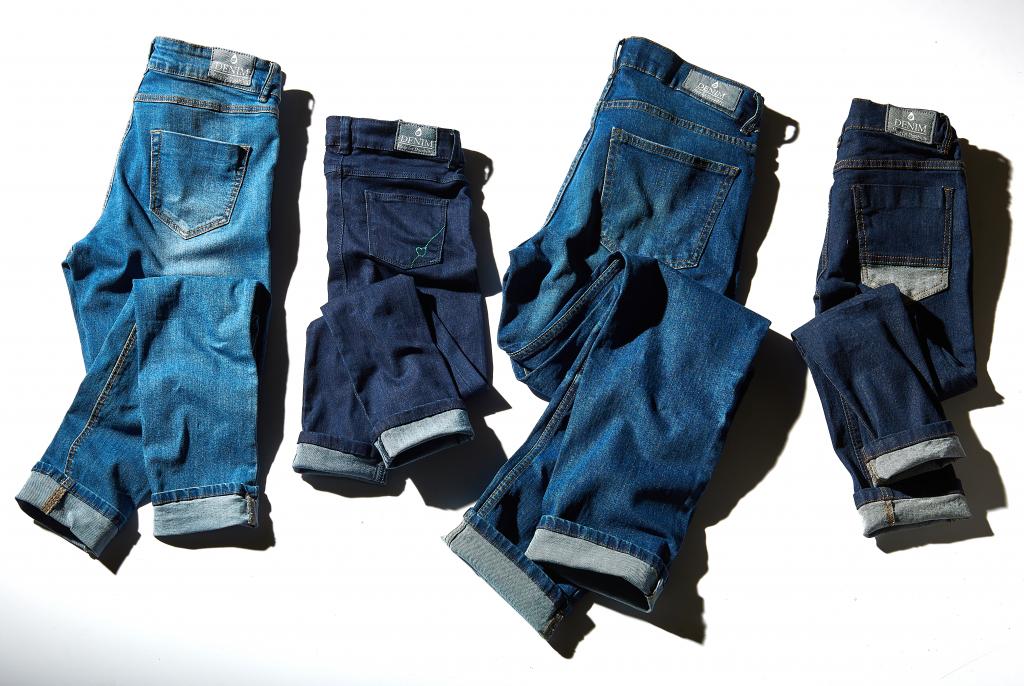
What working method did you use?
What were its different stages?
The method was first and foremost collaborative through the organisation of internal working groups on various subjects (the product, materials, etc.) and had the backing of top management.
The consultation process lasted 4 months and resulted in the structuring of an action plan validated in April 2018 by the Executive Committee. We addressed the group’s entire value chain, from material extraction to the end of a product’s service life. Three areas of work were chosen: zero waste, recycling and water conservation. Around these three areas, we’re keeping watch that all of the Auchan group’s textile sector policies are:
-
True: no greenwashing thanks to a requirement for transparency;
-
Proactive: quickly develop CSR issues by involving all teams ;
-
Visible: all Auchan Retail’s stakeholders must be able to see both the advances made and the continual improvement process in which the Auchan group is involved.
Then, our CSR process focused on selected products based on cross-referenced priority criteria: the visibility of a product representing a high environmental stake (t-shirts or products in denim), the volumes sold and health aspects for so-called “skin-contact” products (such as underwear or baby products for example).
Did you encounter any obstacles? And if so, which ones?
The impact of such a process on a product’s sale price is an obstacle. A choice has to be made: indeed, increasing the product’s durability causes a price increase for customers but they benefit from a better quality product. Paying attention to value for money so that products are affordable has been our store’s DNA right from the start. CSR must become an integral part of each individual’s everyday life and considerations. Real change management has to be undertaken in order to meet the ecological revolution that we are experiencing.
The approach must also be a holistic one which is not necessarily simple for Auchan’s major stakeholders. A decision may have impacts on other departments in the company that we didn’t foresee, and who’s objectives aren’t the same. For example, placing clothes on hangers in-store or doing this at source at the supplier’s are two different methods whose costs are not borne by the same department: the first incurs costs for shelf-filling whilst the second means a higher purchase price.
What were the levers for success?
The commitment of top management, who were very involved, as well as Auchan Retail personnel have been drivers for initiating the process. Our wish to integrate all stakeholders in the value chain has led to a global, cross-business process and a new way of working can be envisaged.
And with these results a feeling of pride and unification has emerged. We want to put an end to pre-conceived ideas about mass retail stores.
Are you looking at ways to improve?
To continually improve, we have set the following objectives:
- Reduce packaging by 50% by 2025;
- FSC certification for wood and paper used. This undertaking involves all of Auchan’s department: for textiles it concerns product labelling;
- 100% of the cotton used must be organic or recycled.
We also want to increase collaboration between departments with a gradual convergence of objectives: CSR must integrate the daily activities of each business through cross-cutting involvement. This is why CSR goals are an integral part of Auchan’s 2022 company project. And people who are convinced will be its best representatives!
Thank you Isabelle Dayde, Group Adult Textile Purchasing Manager - Worldwide Product Department - An Auchan Retail own brand.
Contact : idayde@auchan.com


